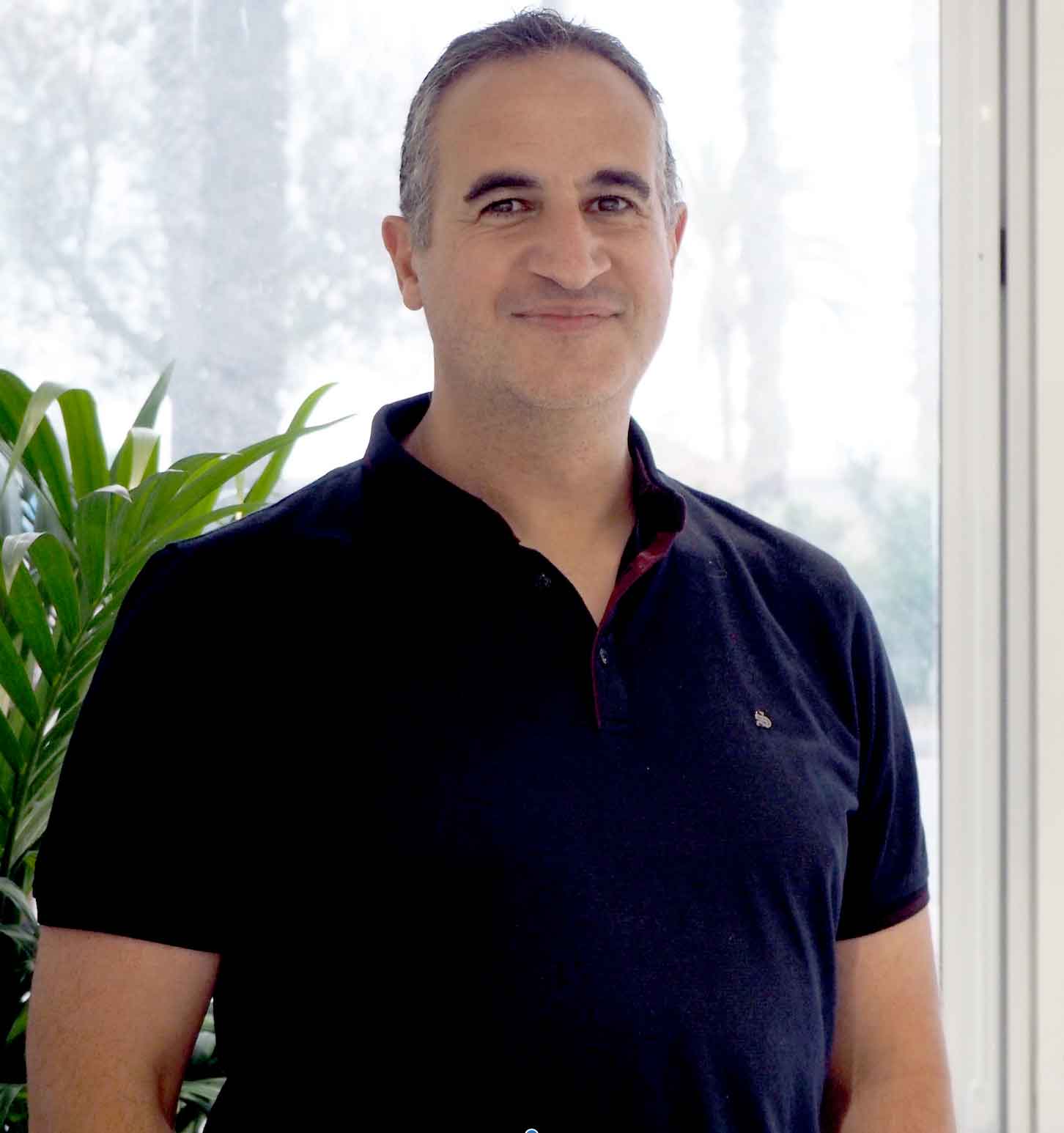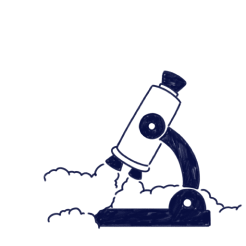
Angel Buendia
Knowledge Manager, Scilife
With 20+ years of experience shaping quality within pharmaceuticals, Ángel bridges QC & QA expertise in life sciences. His passion for continuous learning, combined with his role as a Smart Quality advocate, drives his dedication to instilling a quality culture, guiding teams with collaborative leadership, and fostering excellence as a cornerstone. He navigates complex regulations, and is driven by upholding high standards and fueling innovation.
More articles from Angel Buendia
The In Vitro Diagnostic Regulation (IVDR) has ushered in a new era of stringent requirements for manufacturers of in vitro diagnostic (IVD) medical devices. Compliance with the regulation is imperative to ensure the safety and efficacy of IVD product...
In the history of civilization and economic development, several industrial revolutions have brought about profound paradigm changes in society, economics, and culture, reshaping industries, creating new opportunities, and raising living standards fo...
In today's world, environmental sustainability has become increasingly urgent. The planet, and by extension its people, is under pressure, and all evidence points towards increasingly critical consequences if we do not act. Industries around the glob...
We had a discussion with our Finance and Accounting Manager about advancing workplace inclusion.
We asked our HR Manager how we can foster a more inclusive work culture.
We talked with our VP of Brand & Demand about developing a more inclusive workplace.
We had a discussion with our Finance and Accounting Manager about advancing workplace inclusion.
The hype of artificial intelligence (AI) is revolutionizing industries such as pharmaceuticals and medical devices.
We spoke with our Chief Quality Officer to explore strategies for fostering inclusion within the workplace.
We sat down with our Chief Growth Officer to discuss how we can inspire inclusion in the workplace.
Regulatory frameworks for Artificial Intelligence (AI) in the pharmaceutical and medical device industries are undergoing significant changes to meet the challenges and opportunities posed by this technology.
While sometimes deprioritized, regulatory compliance is critical for medical device manufacturers. And among the global regulatory frameworks, the Medical Device Single Audit Program (MDSAP) has gained prominence over the past decade. MDSAP is a comp...
Subscribe to the
Scilife Blog
Life Science and Quality resources and news. All directly to your inbox!
